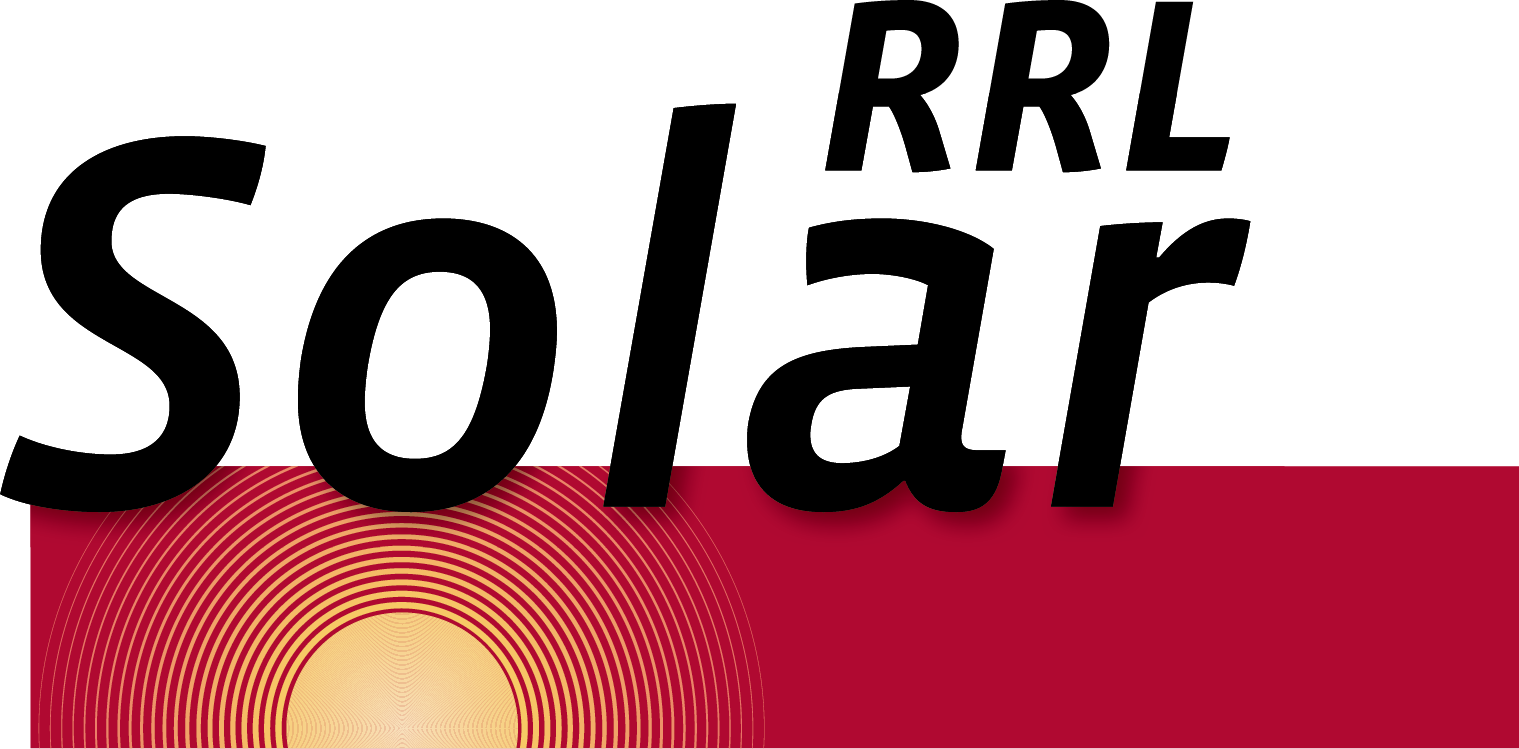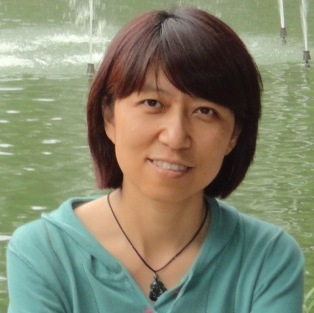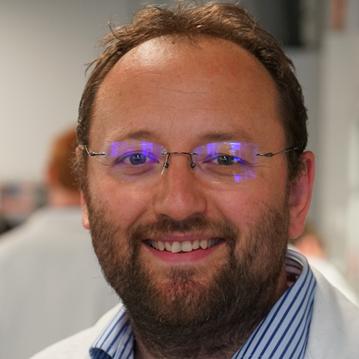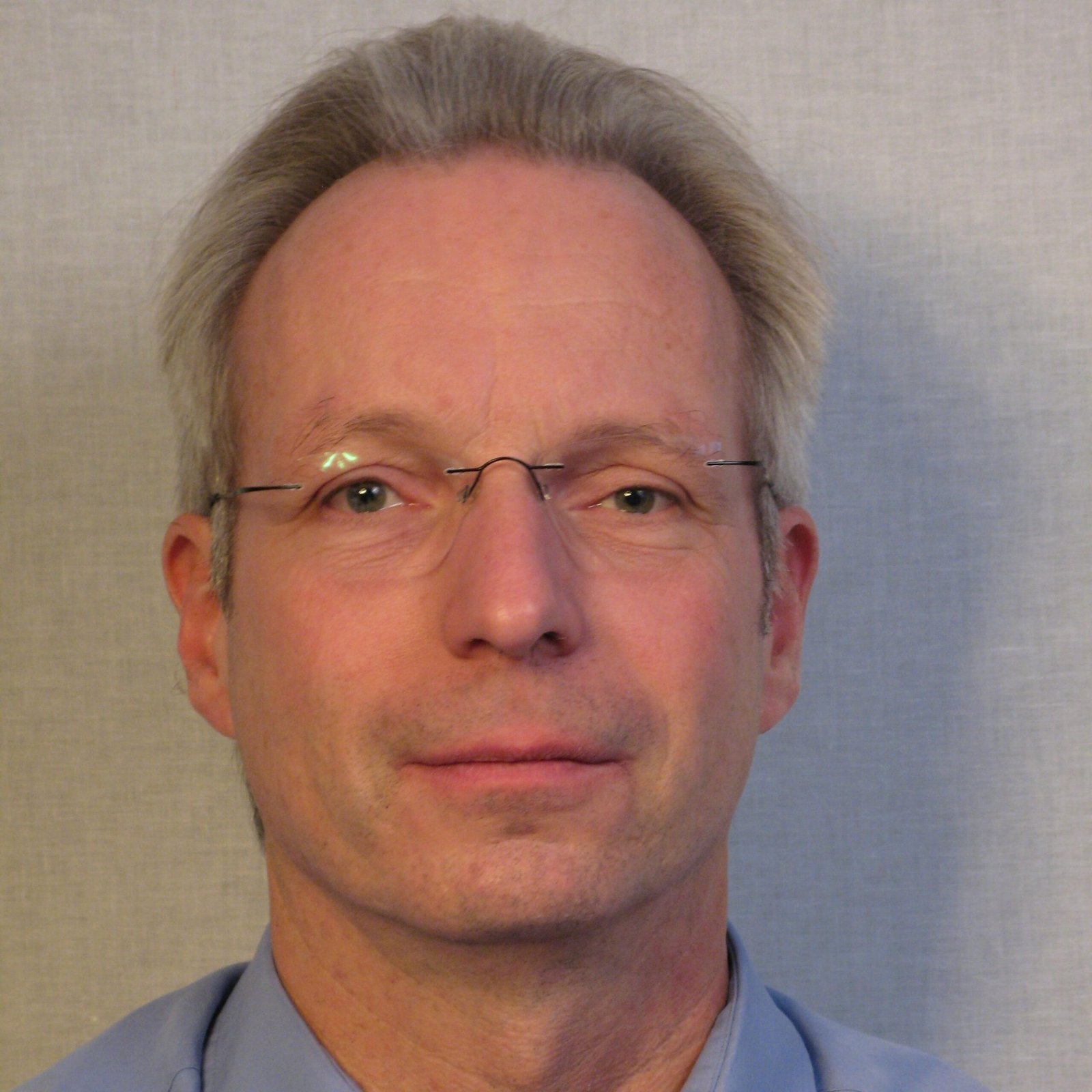CARBON CLUB CONFERENCE 2023

OCTOBER 11-12, 2023
Online
CARBON CLUB CONFERENCE 2023

OCTOBER 11-12, 2023
Online
First International Conference on Carbon Electrode-based Perovskite Solar Cells
Carbon electrode-based perovskite solar cells have established themselves as highly promising device architectures for the next generation of photovoltaics. Unprecedented device stabilities have been achieved. Efficiencies are exceeding 21%. The fully printable design enables rapid upscaling. Materials and processes allow for the most sustainable manufacturing. In the past decade, researchers all over the world have pushed the boundaries. Now it is time to bring them all together in one conference.
Be a part of it. Join the carbon club!

13
Invited Speakers
25
Contributed Talks
2
Days
The Carbon Club will return in 2024! Follow us on LinkedIn to stay updated
Oral Presentation Awards
We are honored to announce that Sustainable Energies & Fuels and Solar RRL will each sponsor an award for outstanding oral presentations
2 Days
38 Speakers
Program Available
Invited Speakers
The Carbon Club Conference
This Conference brings together the brightest minds in the field, fostering collaboration and accelerating the development of this transformative technology. This premier event serves as a dynamic platform where leading scientists, researchers, and industry experts converge to share insights, exchange knowledge, and ignite innovation in the realm of carbon electrode-based perovskite solar cells.
Invited Speakers
The Carbon Club Conference
This Conference brings together the brightest minds in the field, fostering collaboration and accelerating the development of this transformative technology. This premier event serves as a dynamic platform where leading scientists, researchers, and industry experts converge to share insights, exchange knowledge, and ignite innovation in the realm of carbon electrode-based perovskite solar cells.
Industry Speakers
The Carbon Club Conference
Experience the power of knowledge and industry expertise at the Carbon Club Conference! Expert speakers will share profound insights and cutting-edge advancements in carbon electrode-based perovskite solar cells. Engage with visionaries shaping renewable energy’s future, gaining invaluable experiences, groundbreaking research, and innovative approaches. Ignite your imagination and fuel your passion for sustainable energy at this remarkable event.
Industry Speakers
The Carbon Club Conference
This Conference brings together the brightest minds in the field, fostering collaboration and accelerating the development of this transformative technology. This premier event serves as a dynamic platform where leading scientists, researchers, and industry experts converge to share insights, exchange knowledge, and ignite innovation in the realm of carbon electrode-based perovskite solar cells.
Organizers
Conference Organizer
Co-organizer
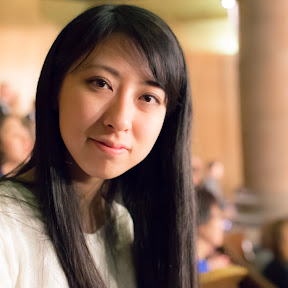
Yue Hu, University of Edinburgh
Scientific Committee

Jan C. Goldschmidt, Philipps-University of Marburg

Ali Emami, University of Porto

Sam March, Rayleigh Solar Tech

Eric Bergmann, Rayleigh Solar Tech
Technical Committee

Carolina Hora, Pixel Voltaic

Paula Dias, University of Porto

Laura Moore, Rayleigh Solar Tech
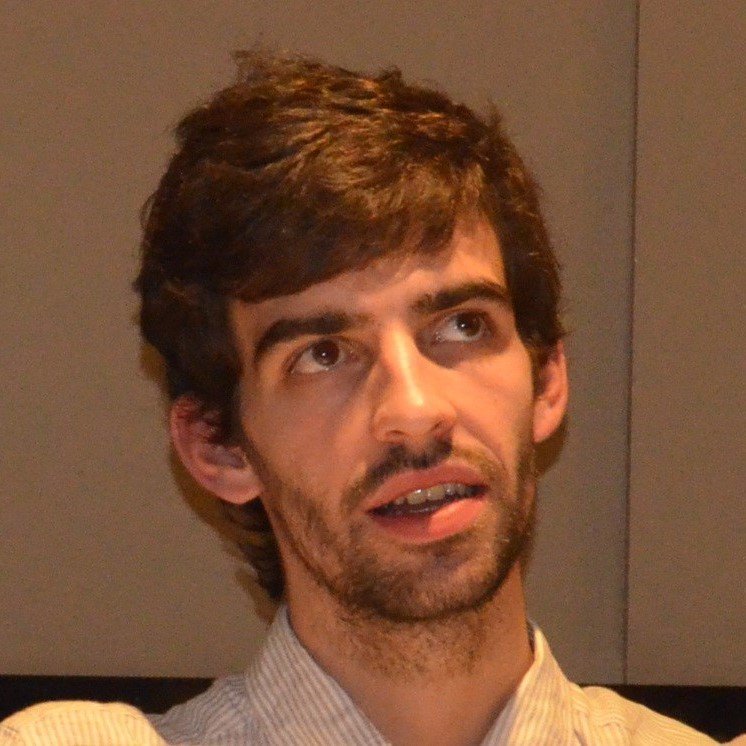
Tiago Lagarteira, Pixel Voltaic
Press Coverage

Luigi Vesce
University of Rome Tor Vergata
Luigi Vesce is Senior Researcher and Lecturer of Nanoelectronics at CHOSE (Centre for Hybrid and Organic Solar Energy), Department of Electronic Engineering, University of Rome Tor Vergata, where he received a PhD in Telecommunications Engineering and Microelectronics in 2011. In the last few years, he developed a pilot-line for a public/private consortium (Dyepower) to produce 10000 m²/year of dye-sensitized solar cell (DSSC) panel for BIPVs (Building Integrated PhotoVoltaics). He collaborates with research institutes and startup/spin-off companies on third generation PV devices and process engineering, and on quality control optimization. Recently, he was the technology transfer responsible about DSSC modules with Start-up G+Lyte (Amiens, France). His research activity deals with the discovery, development, and fabrication by coating/printing techniques, and scaling-up of efficient and stable dye sensitized and perovskite solar technologies for outdoor and indoor applications. He is involved in national and international PV-related projects, author and board member of international journals, and committee member/chairman of international conferences.

Lukas Wagner
University of Marburg
Lukas Wagner is a currently PostDoc researcher at the Solar Energy Conversion Group at the University of Marburg. He obtained his PhD (2021) at Fraunhofer Institute for Solar Energy Systems ISE and University of Freiburg on a PhD scholarship of the German Federal Environmental Foundation (DBU).
He obtained a B.Sc. in Electrical Engineering and Information Technology (2013) and a M.Sc. in Optics and Photonics (2015) at the Karlsruhe Institute of Technology (KIT). His bachelor and master theses were carried out at Georgia Institute of Technology in Atlanta, USA, and Fraunhofer ISE, respectively. After his M.Sc. studies, he worked at the French National Research Center for Solar Energy (CEA-INES), developing flexible perovskite solar cells.
Lukas’ research interests are perovskite solar cells with carbon electrodes, advanced photoluminescence-based characterization techniques and assessments of sustainability in energy technologies.
Email: carbonclub@diamond-horizon.eu

Yaoguang Rong
Wuhan University of Technology
Yaoguang Rong is working as a distinguished researcher at Wuhan University of Technology (WUT). He received his BS degree in Material Physics from Wuhan University in 2009, and PhD degree in Optics Engineering from Huazhong University of Science & Technology (HUST) in 2014. He then worked as a postdoctoral researcher at University of Houston. From 2016 to 2022, he has worked as an associate professor at Wuhan National Laboratory for Optoelectronics at HUST. Since 2023, he has been working at WUT. His research interests focus on emerging photovoltaic technologies (metal halide perovskite solar cells), nano-structured materials and relevant physical dynamics. He has published over 70 peer-review papers (Science, Nature Energy, Nature Communications etc.) with citations of ~10,000 times.

Trystan Watson
Swansea University
Professor Trystan Watson leads the functional coatings and photovoltaics research at the SPECIFIC Innovation and Knowledge centre, Swansea University. He is an expert in the analysis and processing of functional materials in particular solution processable photovoltaics. Since its inception in 2011 he has grown the activity to over 30 people, publishing over 130 papers and 4 patents on functional coatings. He has been responsible for the development and commissioning of the extensive analytical chemistry and fabrication capabilities at SPECIFIC and directs the leading UK engineering team dedicated to understanding the fundamentals of coating processes for photovoltaics.

Seigo Ito
University of Hyogo
Seigo Ito received his Ph.D. from the University of Tokyo (Japan) at 2000, with a thesis that was the first to discuss Grätzel-type dye-sensitized solar cells in Japan. He worked in the Laboratory of Professor Shozo Yanagida (Osaka University, Japan) for two years, and in the Laboratory of Professor Michael Grätzel, at the Swiss Federal Institute of Technology (EPFL) in Lausanne as a postdoctoral scientist for over three years, where his efforts focused on the progress of high-efficiency dye-sensitized solar cells. After his working in a Japanese industrial company (KYOCERA), he shifted to University of Hyogo as an Associate Professor. He is currently full professor at University of Hyogo from 2017, making new printable cost-effective solar cells (perovskite solar cells) and new catalysts for the hydrogen-fuel cells.

Lioz Etgar
The Hebrew University of Jerusalem
Hebrew University’s Prof. Lioz Etgar was the first to demonstrate the possibility of working with perovskite as a light harvester and hole conductor at the same time, its multiple applications and prospects in solar cells. A pioneer in his field, Prof. Etgar is pushing the boundaries of solar cell efficiency and reinventing the ways they are used across industries and everyday situations. To achieve this level of flexibility in perovskite solar cells, Prof. Etgar’s research interests cover a wide variety of topics from improving photovoltaic parameters, to synthesizing hybrid materials at low temperatures. He recently won the prestigious Krill prize by the Wolf Foundation, solidifying the promise he showed in early years of professorship, when he received a Marie Curie Fellowship and won the Wolf Prize for young scientists. In addition to his academic career, Prof. Etgar has founded three startups based on his perovskite inventions, focusing on applications for IoT devices, construction and greenhouses.

Dongmei Li
Chinese Academy of Sciences
Dr. Dongmei Li is a full professor at Institute of Physics (IOP), Chinese Academy of Sciences (CAS). She received the PhD degree from Jilin University in 1999. From July 2000 to Dec. 2000, he was a postdoctoral fellow in Nihon University. From 2001 to 2003, she was a research associate in Cardiff University, UK. Since 2005, she has been working at IOP. Her current research interest focuses on new generation solar cells, including perovskite solar cells and kesterite solar cells. She has published over 230 papers, such as Nature Energy, Joule, Energy Environ. Sci., Adv. Mater., Angew. Chem. Int. Ed., Adv. Energy Mater. etc. which were cited over 11000 times. She has applied over 50 patents, and over 30 patents were authorized.

Tian Du
FAU Erlangen-Nürnberg
Dr. Tian Du is currently a research scientist at Helmholtz-Institut Erlangen-Nürnberg (HIERN) and Friedrich-Alexander-Universität Erlangen-Nürnberg (FAU). His research focuses on fully printable perovskite photovoltaics, including the fabrication of large-area perovskite films using printing techniques, the design of interfacial layers for printable electrodes and the roll-to-roll production of perovskite photovoltaics. Prior to that, he obtained his PhD degree at Imperial College London in 2020 and worked as a postdoctoral researcher at Queen Mary University of London between 2020 – 2021.

Andreas Hinsch
Fraunhofer Institute for Solar Energy System ISE
Dr. Andreas Hinsch holds a Fellow position at the Fraunhofer Institute for Solar Energy Systems in Freiburg. In 1992 he made his PhD in physics at University of Freiburg. He has worked as post-doc, project leader and senior scientist in Switzerland (EPFL-Lausanne, Glas Trösch), Japan (NIRIN) and the Netherlands (ECN) on dye and organic solar cells. In 2001 he had established a group at Fraunhofer ISE on the topic and has been the coordinator in several European and national projects in the field. From 2007 on he has been involved in the development of building integrated dye solar modules. Since 2013 he is coordinating activities in national and international projects on perovskite solar cells. His scientific interest is highly interdisciplinary research on emerging new types of solar cells and solar converters based on nanostructured materials. He regards the reduction of the energy pay-back time of solar technologies as most essential for the sustainable installation of solar energy sources in the future.

Toby Meyer
Solaronix
Toby Meyer graduated from EPFL in Lausanne in 1996, his thesis explored the solid-state version of the Dye Sensitized Solar Cell, supervised by Prof. Michal Grätzel. He co-founded SOLARONIX in 1994 with his twin brother Andreas, and since then acts as CEO of the company, while being involved in the development works related to the Perovskite solar cells.

Sam March
Rayleigh Solar Tech
Dr. Sam March is the founder and chief technology officer of Rayleigh Solar Tech. He founded in 2016, building on work from his PhD, which he earned from Dalhousie University in 2019. Sam also holds a Master of Applied Science from TU Delft in The Netherlands. He has been working with perovskite solar cell materials and fabrication techniques for more than eight years. Sam also has over 10 years of experience in the solar industry and has worked on solar projects around the world. His work has been published in multiple journals including The Journal of Chemical Physics, and ACS Photonics.

Emanuele Calabro
Greatcell Solar Italia
Dr. Emanuele Calabrò is a material scientist at Greatcellenergy in Italy. Since 2014 he has followed the innovative world of perovskite material for photovoltaic applications. He got a PhD in electronic engineering and did post-doctoral studies at the CHOSE research center of Tor Vergata University in Rome. His academic background was focused on developing low-temperature, efficient, and stable Perovskite Solar Cells and Modules. After a parenthesis of 1 year focused on flexible Organic PV, his research went back to the Perovskite field, focused on developing perovskite formulations and devices suitable for tandem Si/PSC applications. Currently, Emanuele is responsible for the development and industrialization at Greatcell Solar Italia of low-cost, stable, and high-performance perovskite-based photovoltaics for indoor and outdoor applications.

Konrad Wojciechowski
Saule Technologies
Konrad Wojciechowski currently works as a Scientific Director at Saule Technologies and the Foundation of Saule Research Institute.
He received MSc degrees from the Jagiellonian University (Poland) and Lund University (Sweden). He carried out his DPhil. studies at the group of Professor Henry Snaith at the University of Oxford (UK), graduating in 2016. He was part of the team which pioneered major developments in the field of metal halide perovskites. He is currently managing multiple commercial and scientific projects focusing on the perovskite PV technology and related optoelectronic applications.
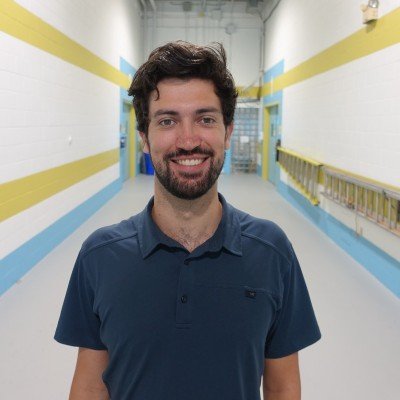
Eric Bergmann
Rayleigh Solar Tech
Eric Bergmann is a research scientist at Rayleigh Solar Tech in Halifax, Nova Scotia. He completed his undergraduate degree in chemical physics at the University of Guelph before moving to Halifax to complete his Master of Applied Physics, which he completed in 2020. Eric has a wide range of experience in material and solar device science with a focus on characterization of electronic and structural properties of perovskite and organic solar cells. Eric’s work has been published in journals including the Journal of Materials Chemistry, and Physics in Canada.


